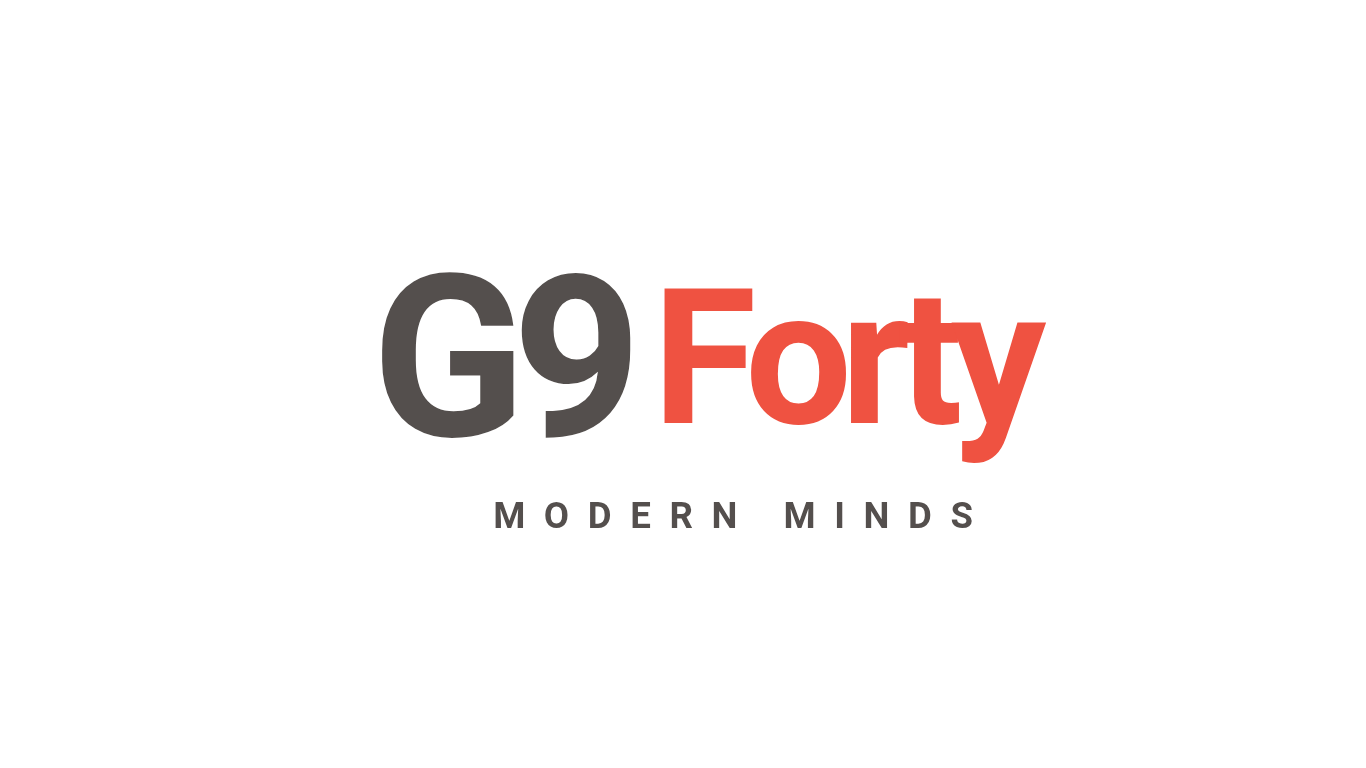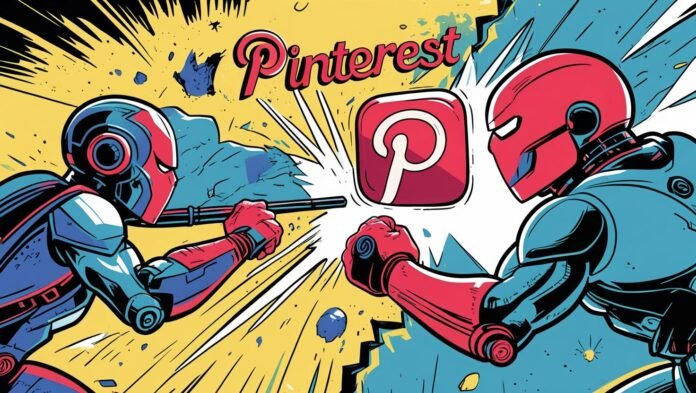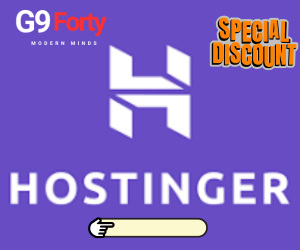On its site, Pinterest is helping users recognise and steer clear of AI-generated trash. In order to help customers avoid seeing too many images while searching for related topics, the business is introducing new capabilities that will automatically classify images that are identified as being created or altered using generative AI.
“We are enabling our users to make better decisions about the content they see as they come across AI-generated content on Pinterest,” stated Chief Technology Officer Matt Madrigal. “We are purposefully approaching this new landscape in a thoughtful way that benefits everyone on Pinterest, and Gen AI content on Pinterest should enhance users’ ability to discover and act on their inspiration.”
Global rollout of Pinterest’s new Gen AI labelling feature should help shield users from fraud. When a pin is clicked on in close-up, the labels will show up as a “AI modified” stamp in the lower left-hand corner. Pinterest uses metadata analysis, most likely for invisible indicators like Adobe’s Content Credentials or Google’s SynthID, to determine whether an image was created or altered using artificial intelligence.
Additionally, Pinterest claims to have created “classifiers that automatically detect gen AI content,” even in cases where an image lacks metadata markers. Although detection-based AI flaggers are not always accurate, Pinterest is now enabling users to file an appeal if they think their pins have been incorrectly tagged.
It would be an understatement to say I’m overjoyed. The dominance of AI photos on Pinterest has drawn a lot of criticism from users, who find it hard to use the moodboard builder for anything useful other than putting together pictures for aesthetic reasons.
For instance, it might be difficult for artists to locate reliable real-world reference materials, and it’s likely that the apparel, accessories, or furnishings items seen in pins aren’t real and so cannot be bought. That can be problematic even as a source of “inspiration,” as AI-generated haircuts and interior design concepts, which might be surprisingly accurate, may be impossible to accomplish in real life.
Additionally, an experimental tool will be released “soon” that will let users filter out specific AI photos for categories like beauty and art that are “prone to AI modification or generation,” according to Pinterest. The three-dot menu located at the bottom right of a pin will have the option to “see fewer.” Although it’s unknown how much AI the feature will filter out, Pinterest claims that this will alert its systems to promote less of such content and will eventually spread to more pin categories. I can only hope that an “all of it” option will be added later.



